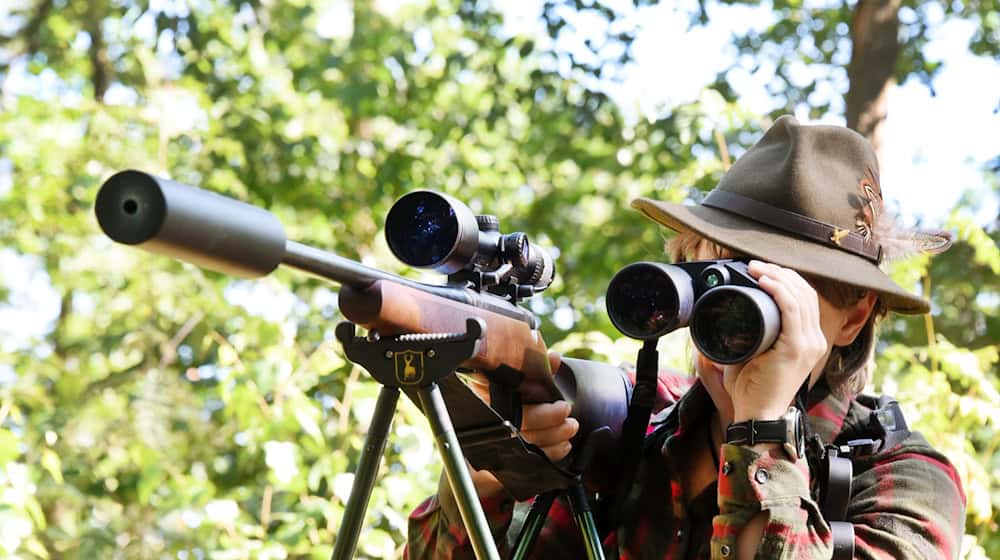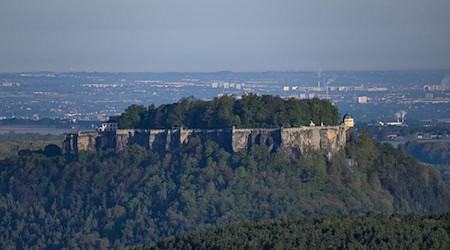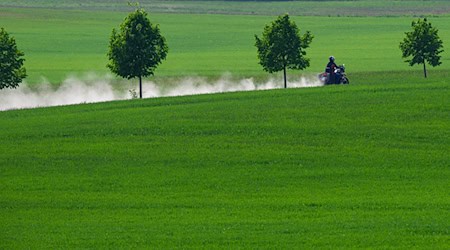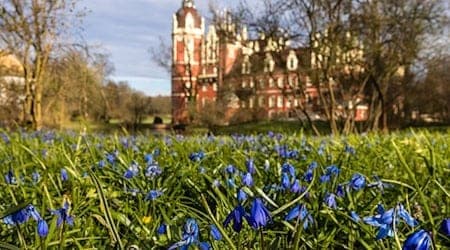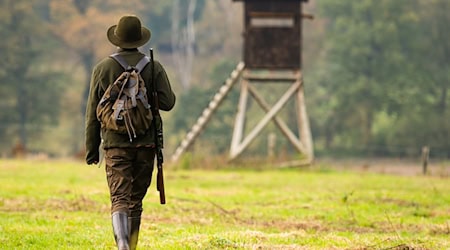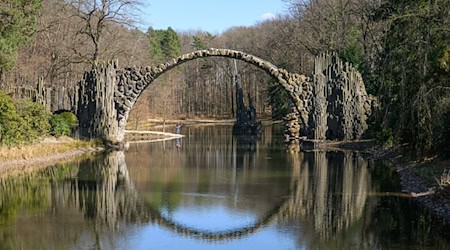Waidmann's luck: interest in hunting is unbroken and is attracting plenty of people to Saxony's hunting community. "We don't have a recruitment problem. There is a nationwide boom," Martin Wißmann, Managing Director of the Saxony Hunting Association, told the German Press Agency. There are various reasons for this.
"Some people want to have particularly organic meat on their plates - and that is game meat," said the managing director, who is a passionate hunter himself. "Others combine hunting with an experience of nature and want to relax in the forest. For many, it will be a mixture of both motives."
Number of hunters continues to rise
According to the State Hunting Association, the number of hunters in Bavaria has risen steadily in recent years. Accordingly, 13,849 hunting license holders were registered at the end of 2022, but the number rose to 14,244 within a year. The proportion of women is 10.5 percent. Saxony is thus following a nationwide trend. More than two dozen hunting schools offer training here.
In Saxony, 30 furred game and 108 feathered game species are subject to hunting law. Of these, hunting is currently permitted for 49 game species. Species such as wolves, otters, black grouse and birds of prey are taboo. Closed seasons apply to some species, such as red deer and roe deer. Wild boar may be hunted all year round. Shooting plans only exist for red deer, fallow deer and mouflon.
Ministry considers reduction of game populations to be essential
The Saxon Ministry of Forestry with the state enterprise Sachsenforst considers the regulation of game populations through hunting to be essential - especially for so-called hoofed game, which includes red deer, fallow deer, roe deer, mouflon and wild boar. Large predators are largely absent, and native game has favorable habitats and plenty of food, the ministry argues.
"Especially for the urgent forest conversion, it remains necessary to adapt regionally excessive game populations so that the forest can rejuvenate without significant technical game protection measures," explained a ministry spokesperson, but also cited culinary motives. Game meat is a "particularly valuable food because it is completely natural and low in fat".
Hunting association strictly rejects strong control of red deer
The state hunting association, on the other hand, strictly rejects the strong control of red deer. "With this more than dubious approach, attempts are being made to get a grip on allegedly massive game damage solely through increased shooting and the resulting drastic decimation of red deer and thus to promote climate-friendly forest conversion." However, the repeatedly cited massive damage caused by hoofed game is "not very credible and currently unproven".
The hunting community is also critical of the Federal Ministry of the Interior's plans to tighten gun laws and ban knives. In addition, the protection status of the wolf and the release of lynxes into the wild in the Westerzgebirge mountains is also met with displeasure.
Hunters call for effective population management of wolves
"Lowering the protection status of the wolf can only be the beginning and a first small step. It is by no means sufficient," said Wißmann. Legally secure regulations are also needed in Saxony in order to be able to carry out effective population management. "Hunting is an essential part of this management - especially as the wolf was included in Saxony's hunting law back in 2012."
The state hunting association also criticizes the lack of support for hunting from the Free State of Saxony and believes that this puts local hunters at a disadvantage. The "InfraWild" hunting support program in Baden-Württemberg, for example, which provides hunters with state subsidies in many areas, is an example of this.
Copyright 2024, dpa (www.dpa.de). All rights reserved

